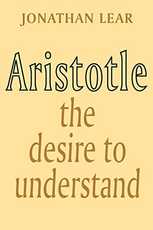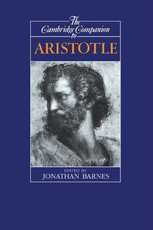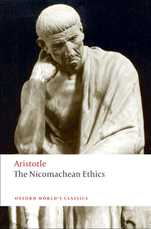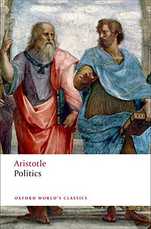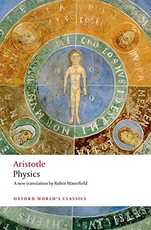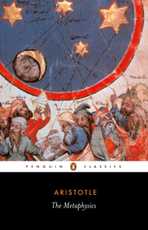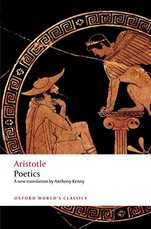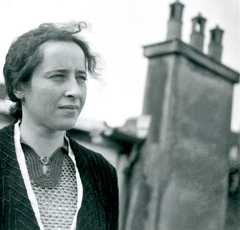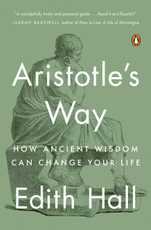

Aristotle The Best 9 Books to Read
Aristotle was an ancient Greek philosopher who, like his legendary teacher Plato (and his legendary teacher, Socrates), is considered to be one of the most significant figures in the history of Western philosophy. Over his lifetime, he transformed most of the subjects he investigated, writing as many as 200 treatises (of which only 31 survive) on topics ranging from logic, politics, and ethics, to biology, mathematics, and metaphysics.
It was largely from Aristotle’s works that the West inherited its entire intellectual approach, including the problems it investigates and its methods of inquiry. Consequently, like Plato, Aristotle holds a unique influence on almost every form of knowledge in the West, and his writings continue to be a subject of contemporary debate today.
Born in 384 BCE in Northern Greece, Aristotle joined Plato’s Academy in Athens when he was approximately 17 years old, quickly becoming Plato’s most brilliant student. He studied under Plato until the latter’s death 20 years later, whereupon Aristotle left Athens and became tutor to a young Alexander the Great.
Aristotle later returned to Athens and founded his own school in the Lyceum. The school and its students acquired the label of ‘Peripatetics’ (coming from the Greek for ‘to walk around’), owing to Aristotle’s habit of walking around the grove while delivering his lectures.
In one concise email each Sunday, I break down a famous idea from philosophy. You get the distillation straight to your inbox:
💭 One short philosophical email each Sunday. Unsubscribe any time.
It’s thought that Aristotle’s surviving works were never intended for general readership: they are lecture notes for his advanced philosophical students. As such, Aristotle has a reputation for being a rather dense and difficult writer.
This is perhaps a little unfair, for in his lifetime Aristotle produced a number of popular dialogues — like Plato — that were famed for their beauty. Indeed, the Roman statesman Cicero speaks of the “golden river” of Aristotle’s prose. Unfortunately, none of these popular works survive, and we are left only with Aristotle’s technical notes.
Nevertheless, the influence of these ‘technical notes’ is difficult to overstate. Aristotle’s physics was not replaced until the Enlightenment, some of his biological insights still astound modern zoologists and researchers, and his ethics (including, for instance, his ideas of the ‘golden mean’, his influential views on friendship and happiness, and that leisure should define us more than work) remains a rich source for contemporary scholarship and debate to this day. He was revered among medieval Muslim scholars as “The First Teacher”, known by medieval Christians like Thomas Aquinas simply as “The Philosopher”, while the poet Dante called him “the master of those who know”.
This reading list outlines the best books of and about Aristotle. After reading it, you’ll have a full understanding of exactly why Aristotle’s work has had — and still has — such an influence on Western thought. Let’s dive in!
1. Aristotle’s Way, by Edith Hall
Published in 2018, Edith Hall’s Aristotle’s Way is a fantastic place to start for anyone with an interest in Aristotle’s view on how we should approach life. “If you believe that the goal of human life is to maximize happiness,” Hall writes, “then you are a budding Aristotelian.”
With a focus on Aristotle’s ethics, Hall puts his thinking into modern contexts and situations, and derives ten practical lessons to help us confront life’s challenges. Written with a popular audience in mind, this is a very accessible entry point into Aristotle’s ethical thinking.
2. Aristotle: The Desire to Understand, by Jonathon Lear
If you’re seeking a more philosophical introduction to Aristotle’s wider catalog, look no further than Jonathon Lear’s Aristotle: The Desire to Understand. Lear surveys the core ideas in Aristotle’s physics, metaphysics, ethics, politics, as well as biological and logical works in clear, lucid prose.
With its 340 pages packed full of insight, Aristotle: The Desire to Understand is a brilliant accompaniment for those seeking a deeper understanding of Aristotle’s thought.
3. The Cambridge Companion to Aristotle, by Jonathon Barnes
If you’d like to deepen your Aristotle scholarship even further, The Cambridge Companion to Aristotle, edited by Jonathon Barnes, assembles nine brilliant essays from leading Aristotle scholars discussing various aspects of his thought.
With chapters on Aristotle’s logic, metaphysics, philosophy of science, psychology, ethics, rhetoric, and poetics, The Cambridge Companion to Aristotle belongs on the bookshelf of any serious student of Aristotle.
4. How to Live a Good Life (According to 7 of the World’s Wisest Philosophies), by Philosophy Break
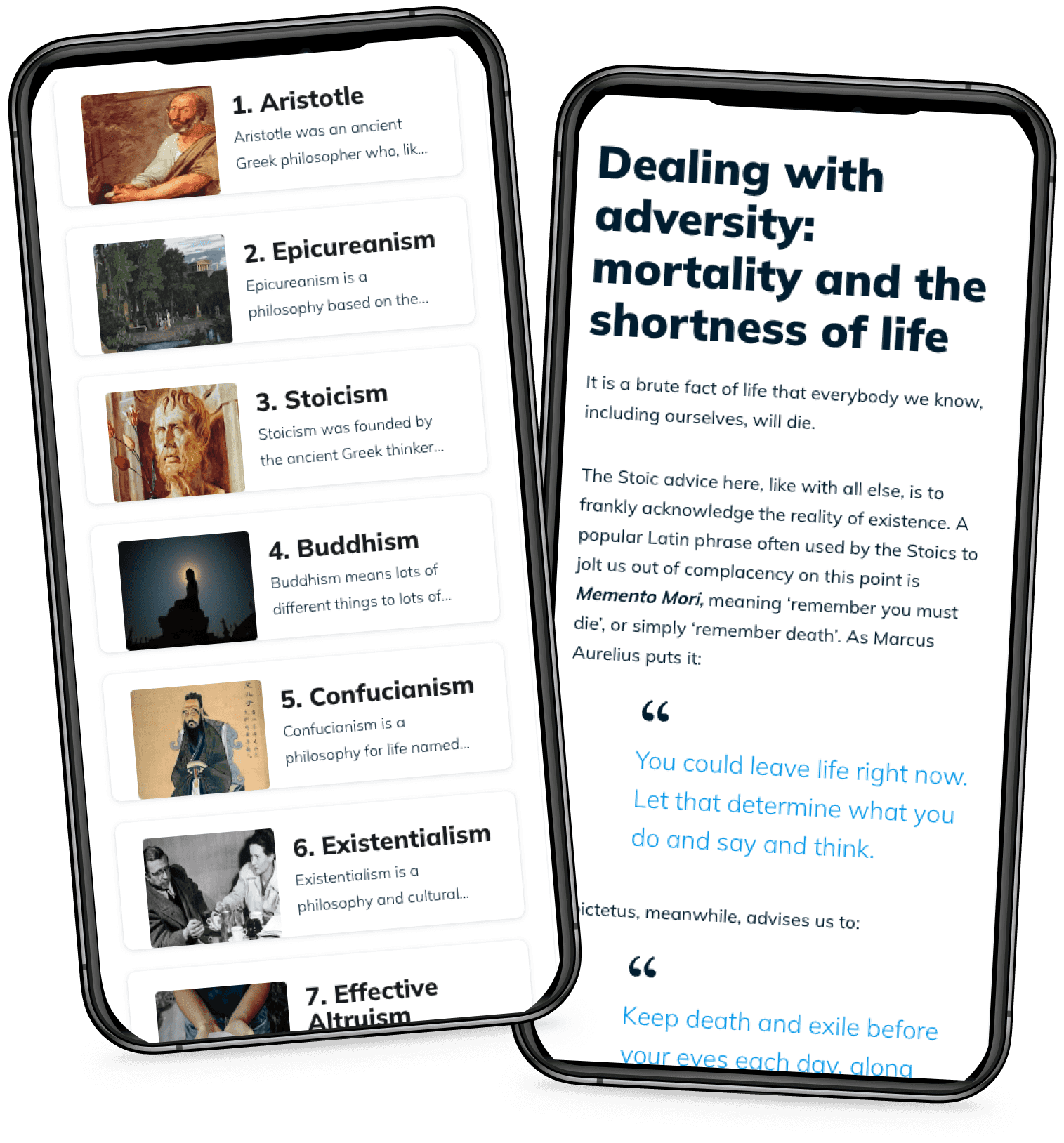
How to Live a Good Life (According to 7 of the World’s Wisest Philosophies)
BY PHILOSOPHY BREAK
★★★★★ (50+ reviews)
Get Instant AccessIf you’re interested in learning not just about Aristotle, but comparing his insights to six rival philosophies for life, look no further than the 2023 How to Live a Good Life (According to 7 of the World’s Wisest Philosophies). This concise online guide is instantly accessible from any device and distills the best and most important wisdom from Aristotle, Stoicism, Buddhism, and more.
Of course, we’re a little biased, as we produced this one — but if you’re seeking to understand some of life’s most influential ethical frameworks, examine the pros and cons of each, and discover how they might apply to your own life, then this is the guide for you. How to Live a Good Life (According to 7 of the World’s Wisest Philosophies) gets rave reviews, is better value than buying introductory books for all philosophies covered, and might be just what you’re looking for!
5. The Nicomachean Ethics, by Aristotle
Turning from introductions to primary texts, where better to start than with a tome routinely heralded as the best entry point for those wanting to read Aristotle?
In The Nicomachean Ethics, Aristotle’s guiding question is: what is the best thing for a human being? His answer is eudaimonia, which is variously translated from Greek as ‘well-being’, ‘happiness’, ‘blessedness’, and in the context of the virtue ethics Aristotle endorsed, ‘human flourishing’.
The Nicomachean Ethics is Aristotle’s exploration into how we can achieve eudaimonia by living well, and includes his theory of the ‘golden mean’, his influential views on friendship, as well as his argument that leisure should define us more than work. It’s an essential text for anyone interested in the foundations and development of ethical thinking in Western society.
6. Politics, by Aristotle
One of the most influential texts in the history of political thought, Aristotle’s Politics raises issues about how society should be organized and governed which continue to be debated today.
By examining how different groups operate, Aristotle seeks to establish how constitutions can best be established and upheld. This particular edition also includes a very useful introductory essay which contextualizes the work and sets the scene for the reader.
7. Physics, by Aristotle
Up until the Enlightenment, Aristotle’s Physics was the starting point for anyone who wanted to study the natural sciences.
Reading the Physics today, one becomes deeply accommodated with the the genius of Aristotle’s thought and understands why this work maintained its place at the heart of intellectual institutions for millennia. Like the Politics, this particular edition includes a very useful introduction.
8. The Metaphysics, by Aristotle
Aristotle’s The Metaphysics is considered one of the greatest philosophical works of all time. At the heart of the book lie three questions. Firstly, what is existence, and what sorts of things exist in the world? Secondly, how can things continue to exist, and yet undergo the change we see about us in the natural world? And lastly, how can this world be understood?
Aristotle’s fascinating answers to these questions set in motion two millennia of debate from thinkers all over the globe, making The Metaphysics an essential addition.
9. Poetics, by Aristotle
One of the most influential and perceptive books on poetry, drama, fiction, and art ever written, Aristotle’s Poetics is the founding text of European aesthetics and literary criticism.
Brimming with insights on such topics as the nature of tragedy and plot, this work more than any other has shaped our modern understanding of the creation and impact of art. Poetics belongs on the bookshelf of anyone interested in Aristotle, beauty, or aesthetics and literary criticism generally.
Further reading
Are there any other books you think should be on this list? Let us know via email or drop us a message on Twitter or Instagram.
In the meantime, why not explore more of our reading lists on the best philosophy books:

View All Reading Lists
Essential Philosophy Books by Subject
About the Author

Get one mind-opening philosophical idea distilled to your inbox every Sunday (free)

From the Buddha to Nietzsche: join 14,000+ subscribers enjoying a nugget of profundity from the great philosophers every Sunday:
★★★★★ (50+ reviews for Philosophy Break). Unsubscribe any time.

Latest Breaks
Each philosophy break takes only a few minutes to read, and is crafted to expand your mind and spark your curiosity.
